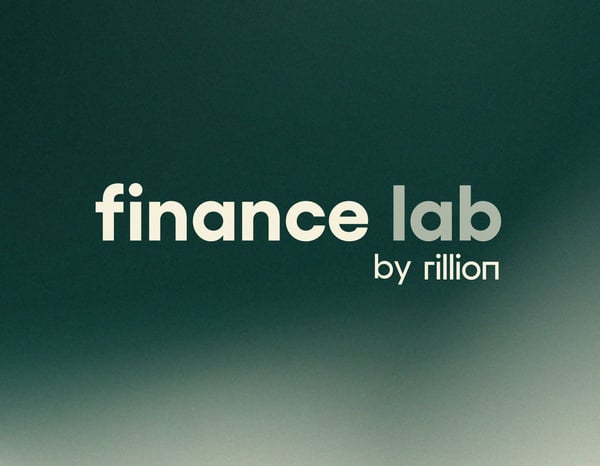

Is it possible to prepare financial statements without time-consuming manual processes? Nowadays, the answer is yes. Thanks to AI, businesses can efficiently code invoices with minimal effort.
In this article, Kristian Gylling, CFO at Rillion, shares how AI can make the closing process faster and more accurate.
Manual Invoice Posting is Holding Businesses Back
A common challenge in year-end closing is dealing with non-PO invoices. Many businesses still have a manual process, where each invoice has to be coded and sent to the right people for approval. This often increases the risk of errors, delays, and unnecessary costs.
“The process of coding invoices and getting them approved can take a lot of time and resources. Often, invoices end up circulating between different people and it becomes difficult to keep track of where each invoice is in the authorization flow. This leads to frustration among approvers and an increased risk of late supplier payments, resulting in reminders and more administration,” Kristian explains.
Read also: How to Avoid Pitfalls During Budget Season
AI Has a Natural Role in the Financial Statements Process
Finance is characterized by processes and manual handling, making it ideal for automation. By using AI, finance departments can simplify the handling of supplier invoices and free up resources.
“Finance departments typically have well-structured processes that have historically required a lot of manual work. This is where AI can effectively automate and digitize workflows, which we already see in our own products. It’s clear that AI will continue to revolutionize finance by offloading routine tasks and making financial statements both faster and more accurate,” says Kristian.
Automate up to 90% of Manual Tasks
Rillion uses AI to streamline the coding workflow, eliminating many of the manual and time-consuming steps that are typically part of the closing process. Predictive AI is trained on invoice history from customers, and then suggests how to post new invoices—for example, which account, department, cost center, and VAT rate to use.
AI also assesses the security of each invoice, helping businesses identify and correct any discrepancies before they are sent out into the authorization flow.
Our AI solution makes it possible to automate up to 90% of the manual work associated with processing and paying supplier invoices in the finance department. Not only does it speed up the closing process, but also reduces the risk of errors.
- Kristian Gylling, CFO at Rillion
Read also: 11 Reasons Why Automating Accounts Payable is a Game-Changer
Free Up Resources and Stay Ahead
AI offers a path towards a more cost-effective financial statement process and will certainly continue to shape the future of finance processes. The role of AI in finance is no longer a vision of the future, but an ongoing reality that already offers businesses a distinct competitive advantage.
“By continuing to develop and implement AI solutions, businesses will be able to navigate their finances with greater ease and certainty. CFOs can look forward to a future where financial statements are not only faster, but also more accurate and less costly to complete,” concludes Kristian.

